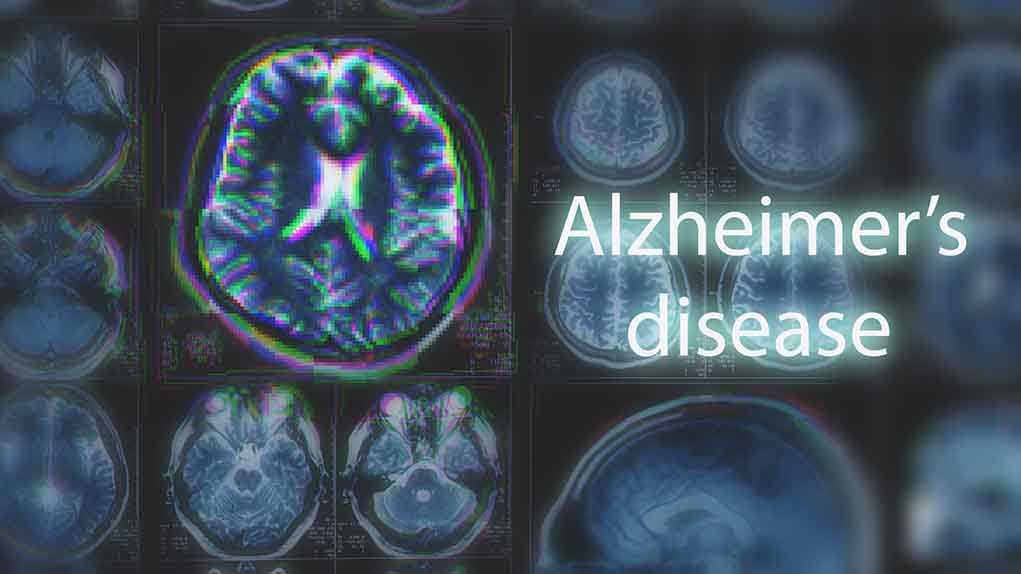
Eating more whole grains could make your brain function years younger—so why do so many ignore the one food that dietitians say may lower your risk of dementia and Alzheimer’s?
Story Snapshot
- Whole grain consumption is linked to slower cognitive decline and reduced dementia risk.
- Black Americans show especially strong benefits, with cognitive aging slowed by up to 8.5 years.
- Large, longitudinal studies published between 2023 and 2025 support these findings.
- Nutrition experts and advocacy groups urge Americans to eat more whole grains.
Whole Grains Move from Heart Health to Brain Health Spotlight
Researchers have long promoted whole grains for heart health, but a wave of recent studies is shifting the spotlight to their role in protecting brain function. In 2023, the Chicago Health and Aging Project brought clarity: older adults who ate more whole grains experienced slower rates of memory loss and cognitive impairment. The findings didn’t just echo previous research—they amplified it, showing that the cognitive benefits were independent of other nutrients, and most pronounced among Black Americans.
For decades, dietary advice focused on antioxidants and omega-3s for brain health. Yet, the Mediterranean, DASH, and MIND diets’ success spurred scientists to isolate what made them tick. Whole grains emerged as a star player. The latest studies reveal that consuming more than three servings of whole grains per day can slow cognitive aging, with a particularly dramatic effect seen in Black adults: those with the highest whole grain intake had the memory skills of someone 8.5 years younger.
Racial Disparities and Targeted Nutrition Matter
Alzheimer’s disease and other dementias affect millions, but the risk isn’t evenly distributed. Black Americans face higher rates and faster progression. Recent research underscores that whole grain-rich diets may offer a powerful tool for closing this gap. Dr. Xiaoran Liu and her colleagues found that Black participants who ate the most whole grains were up to 36% less likely to develop Alzheimer’s dementia over a 12-year period. The numbers are impressive, but the implications for health equity are even greater.
Dietitians and public health advocates now call for targeted nutrition interventions. By encouraging whole grain consumption among at-risk communities, they aim to reduce disparities and empower families with a simple, affordable dementia prevention strategy. As organizations like the Whole Grains Council ramp up education efforts, policy makers are beginning to take notice, exploring ways to incentivize whole grain access in underserved neighborhoods.
Expert Consensus and Open Questions
The chorus of support from nutrition experts is growing. Peer-reviewed studies published by the American Academy of Neurology and the Whole Grains Council confirm the link between whole grain intake and slower cognitive decline. Dietitians emphasize that these benefits are attainable without expensive supplements—whole grains are accessible, familiar, and versatile. Still, some questions remain. Why do Black adults see stronger effects than White adults? Are certain grains—like oats, barley, or brown rice—more potent than others?
Researchers speculate that the fiber, vitamins, and plant compounds in whole grains may interact with gut health and inflammation, both linked to dementia risk. The mechanisms are still being unraveled, but the practical advice is clear: swap refined grains for whole grains, aim for at least three servings a day, and reap the cognitive dividends. As the evidence mounts, experts call for further research to refine recommendations and ensure that all older adults can benefit, regardless of background.
Societal Impact: Changing the Conversation on Aging
The implications stretch well beyond individual health. Dementia is a costly and devastating diagnosis—affecting families, caregivers, and healthcare systems. If whole grains can slow cognitive aging, the economic and social benefits could be profound. Lower incidence of dementia means reduced healthcare expenses, more years of independence for older adults, and less strain on caregivers. The food industry is responding, with a surge in whole grain products and nutrition education campaigns targeting aging populations.
Public health messaging is shifting, too. Instead of focusing solely on pharmaceuticals or genetic risk, experts now champion diet as a powerful, modifiable factor. Advocacy groups and medical professionals urge Americans to rethink their plates. For many, the path to a sharper mind may start with a simple bowl of oatmeal or a slice of whole grain bread.
Sources:
Known to be heart smart, whole grains may also lower the risk of Alzheimer’s in Blacks
Whole grains protect against cognitive decline
Whole grains and dementia risk: Recent study
Mediterranean diet offsets genetic risk for dementia











